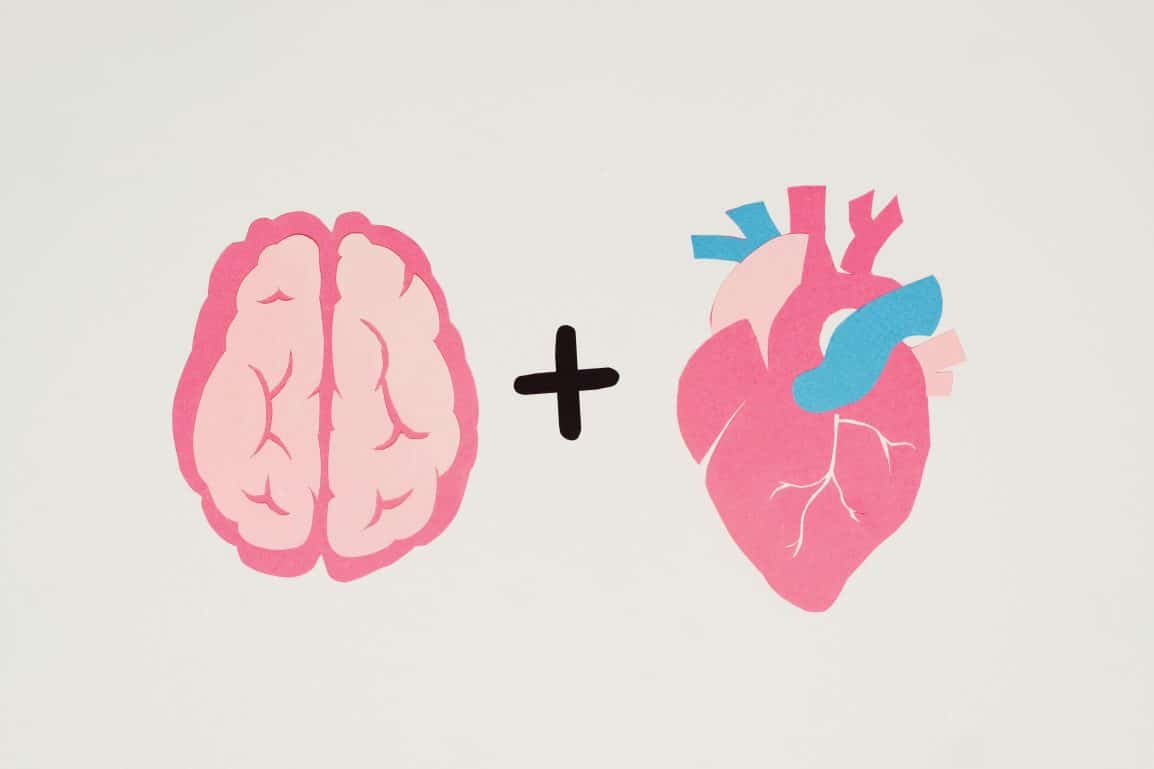The defense mechanism in the human body is believed to be led by two strongly oriented sections. Think of them like ‘frenemies,’ working together for the same cause, yet with little to nothing in common. Ever heard of the saying, “think with your heart, and do with your brain?” That’s it. Our hearts and brains take control of many aspects of our lives, and we rarely realize it. This post was made specifically for you to understand yourself more, presented by Girl Spring.
Our brain helps pump oxygen to every organ, helping our bone marrow to create white blood cells, and helping our heart to regulate blood. All these efforts are for the same cause– to give us a life to fulfill. Your body has white blood cells, your heart has issues you never tell, and both are trying to protect you.
When you think of the white blood cells and personal issues in your heart, you’d think there is nothing in common. White blood cells are the physical component; they fight illnesses 1-on-1, logically. And the issues we develop over time just hurt us mentally. None of this correlates until we realize this: Yes, white blood cells protect you, defending you from all the harm that wants to hurt your body. But the issues we develop, trust issues, help protect us from further harm, too.
Just like the human body, we build antibodies to save us whenever we need them. Girls also develop emotional antibodies, or boundaries, coping skills, life lessons, things you learned at 13, and lessons you gained post-breaking down inside a bathroom cubby. And when your body speaks, you listen.
Immunity, biologically speaking, is our body’s way of defending itself from organisms that can potentially cause diseases. This defense mechanism can only work with the help of our antibodies. Antibodies are protective proteins made by the immune system. They notice when a foreign object or organism enters our body, and if they identify it as something that could potentially hurt us, they will do everything to prevent it from causing harm. Kind of like having our bodyguards, don’t you think?
Emotionally speaking, we also have our defense mechanisms. This defense mechanism is not something you’re born with, like antibodies. This is something you develop after years of living. That moment when someone stabbed your heart and broke it into 24 pieces? The moment you cried to the point that tears won’t come out? The moment you knew not to do something because experiences told you it’s not a good idea? That’s our emotional defense mechanism. We remember things that caused us pain, and we use them to save ourselves.
But even though both examples save us, they can hurt us too sometimes. Immunity-wise, the human body can develop autoimmune diseases. Like, lupus, for example, which affects women the most. Around 4 out of 5 people who have lupus are women. It’s a condition where, instead of defending us from bad organisms, our antibodies get confused and defend us from good organisms instead. Then, when a bad organism enters, the body is less able to fight back. Developing lupus would encourage humans to treat themselves better, not to undergo any stress. I think that’s still our bodies trying to protect us, though they’re in pain too.
Many of our defense mechanisms are social: Being an overachiever, a people pleaser, and changing to fit in. It gets tiring, I know. And when we keep on doing it despite our heart telling us it’s not good, we get burnout. It’s our heart’s way of literally limiting us from doing things it knows will hurt us and get us crying and listening to Phoebe Bridgers’ “I Know The End”.
So, our body gave us a way to heal our systems, both biologically and emotionally. For our biological systems, doctors told us to rest, drink water, and eat our greens. For our emotional systems, therapists told us to journal, heal ourselves by traveling or by spending time around people who accept us just the way we are, and relearn trust.
Both kinds of immunity and defense mechanisms get better with time, support, healthy boundaries, and our desire to get better. What if every scar, both emotional and physical, is proof we have held on? Proof of a system that survived? You are your own defense mechanism– protecting what matters and healing what hurts.

